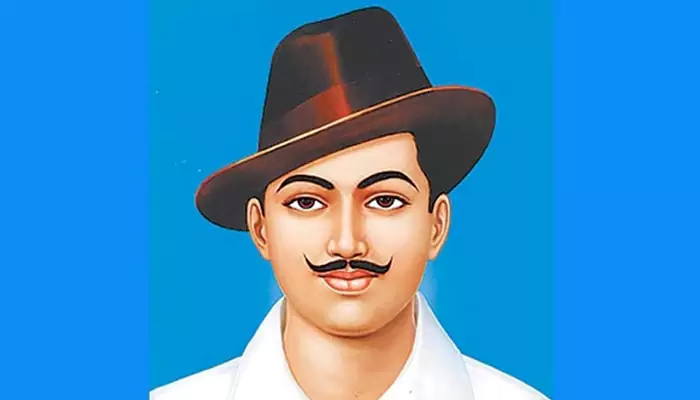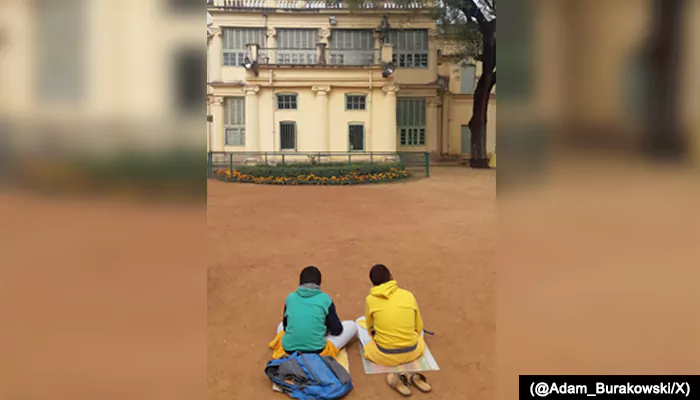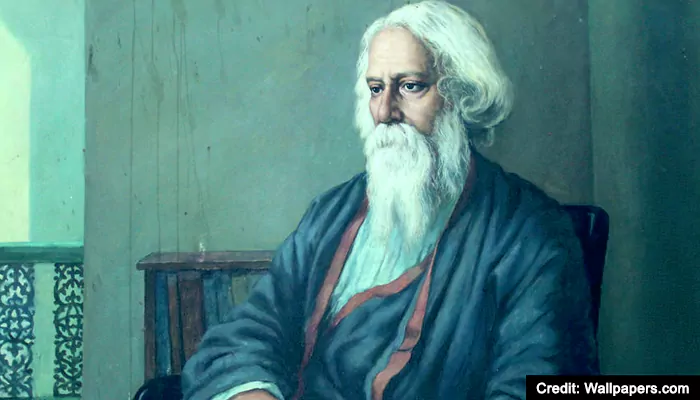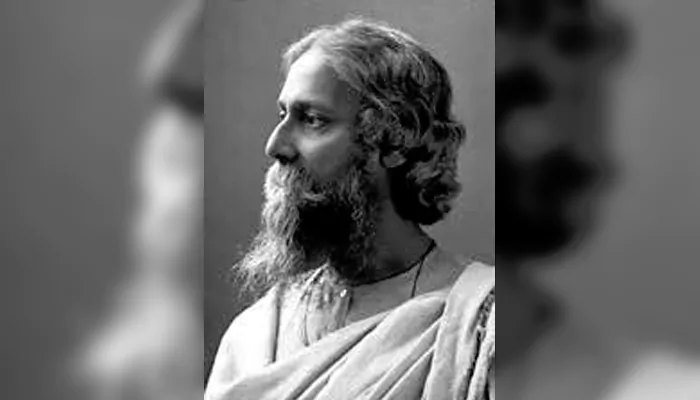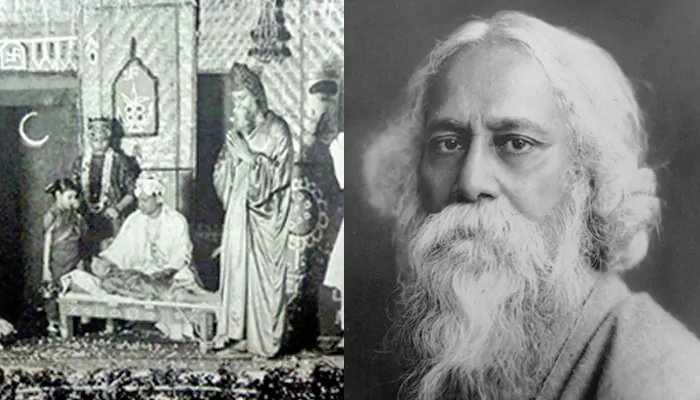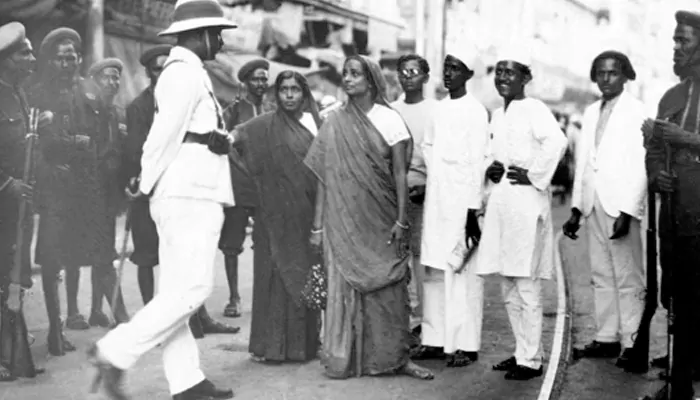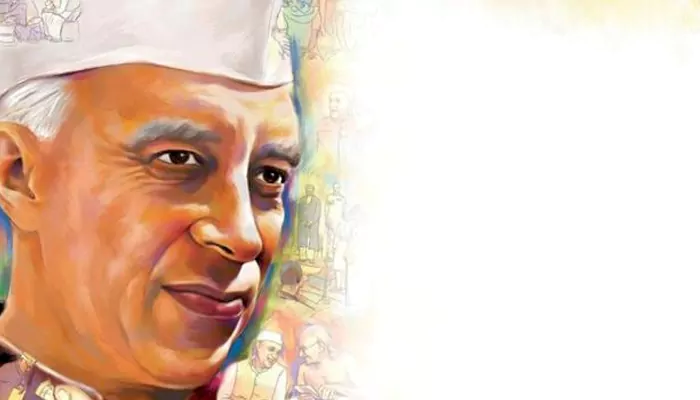The Spooky History And Origin Of Ouija Board: Fascinating Facts For Children

It turns out, Ouija boards have always been identified as a mysterious and spooky item, sometimes even lying next to other board games and toys in some of our homes.
The Ouija board is often enjoyed as a seasonal party game or a sleepover staple by teens. This spooky board game is known for inducing giggles, chills, and a substantial conversation about the spiritual world and the great unknown. But did you know that the Ouija board has a compelling origin and history? Below are some creepy facts that will surely fascinate you!
The spirit board is Baltimore-born.
Considering the omnipresence of talking spirit boards within the nineteenth-century spiritualist community, it was natural and expected that someone would inevitably commercialize the board. Elijah Bond, a Baltimore investor, filed the patent for what the modern world knows as Ouija. Bond demanded a patent in 1891—on the Kennard Novelty Company’s behalf. Bond intended to mass-produce the lettered talking Ouija board and introduce it as a parlor game.
The name is neither German nor French.
According to Elijah Bond, he and his sister-in-law, Helen Peters—a “strong medium,” decided to sit down with the spirit board to pick a name for it. Bond claimed that the planchette spelled out the word “ouija,” and it was then defined as “good luck.”
The spirit board was sold by the toy company that brought us My Little Pony and Monopoly.
The spirit board enjoyed tremendous success and fame under the Fuld Company, but it was later acquired by Parker Brothers in 1966, leading to greater success. In 1967, the company sold nearly two million units of the board, outdoing the sales of Parker Brothers’ longtime favorite Monopoly that year. Everyone seemingly owned an Ouija board, often advertised as a harmless party game — a little spooky and a little silly.
After the release of The Exorcist, the board earned a more sinister reputation.
After the release of “The Exorcist" in 1973 — a horror movie inspired by a novel, which was loosely based on true events – the sale of the board dipped. The Ouija board had now earned a sinister reputation. In 1991, Hasbro acquired the trademark for the board from Parker Brothers.
There is science involved!
There is science behind the game. The “ideomotor effect,” also known as automatic writing, triggers the subconscious of the players involved in the game, causing them to shift the pointer toward the desired responses to their questions without even their knowledge or realization.
Hurry up! Give this game a try with your children.

